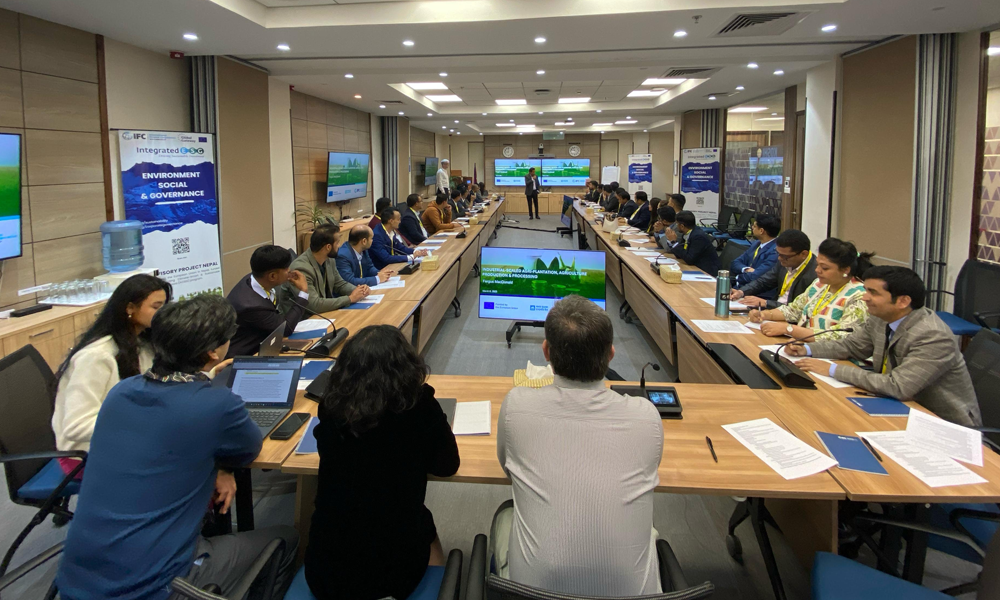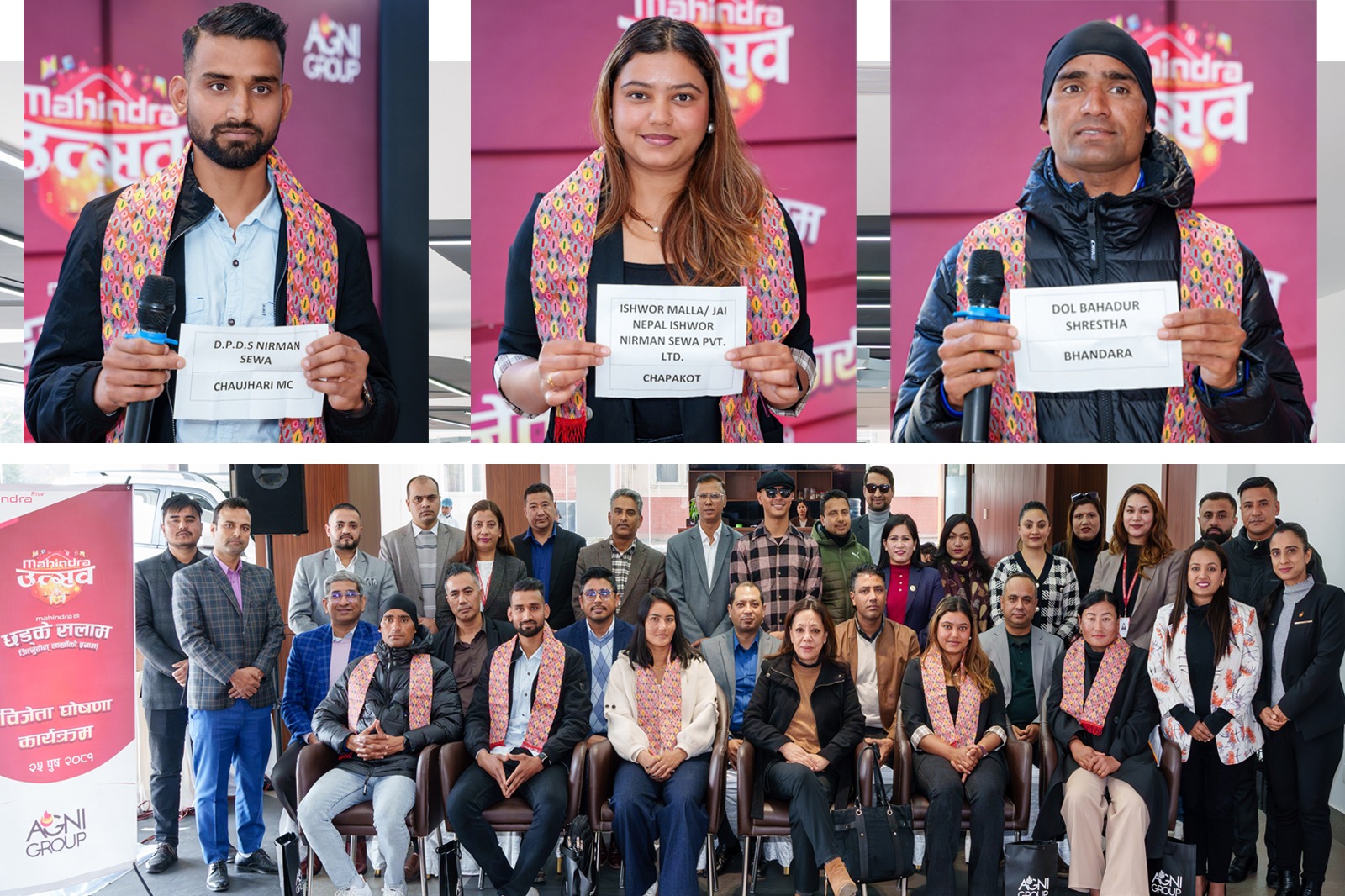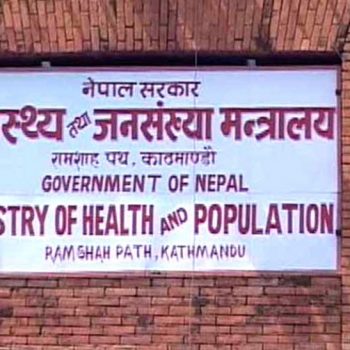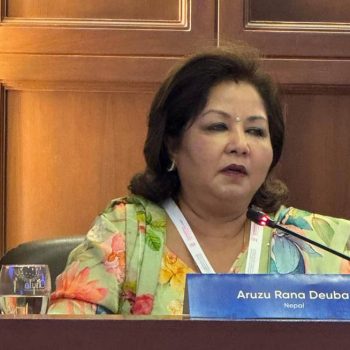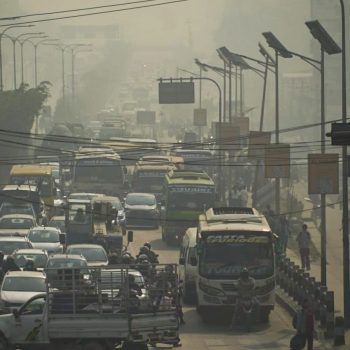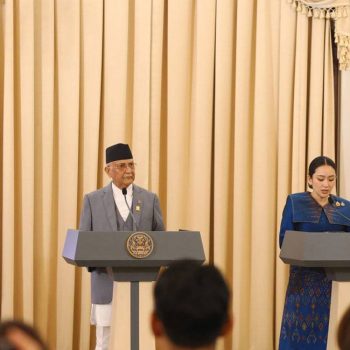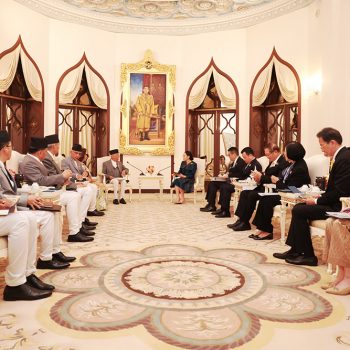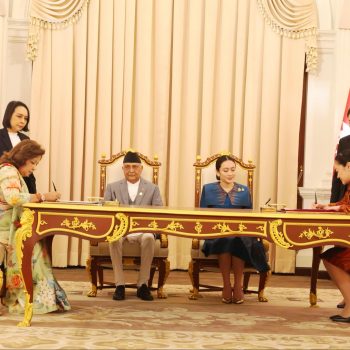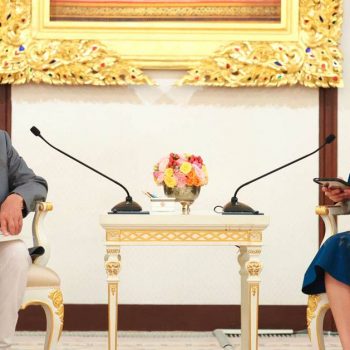Second wave of the pandemic brings extreme crisis to tourism sector
Entrepreneurs emphasize on the need of vaccines for revival
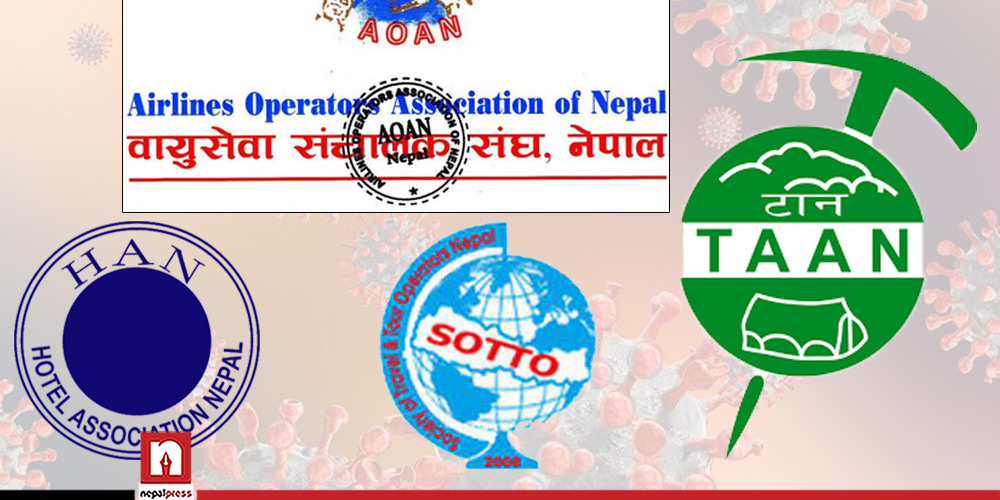
KATHMANDU: When the COVID pandemic began last year, tourism professionals hardly thought it would cause such a huge loss. While the first wave of COVID had leveled and the tourism sector slowly restarted activity, the outbreak of the second wave has put tourism entrepreneurs to sleep again.
Businesses dependent on tourism like hotels, airlines, tours and travels, trekking, transportation, guides, adventure tourism, etc. have now collapsed. Entrepreneurs say that it is now difficult to sustain their companies. In addition, other variants of COVID that have been seen lately are posing further threats to the tourism businesses.
Condition of hotels critical
COVID blows are being inflicted on all businessmen. However, large and small tourist-based hotels have been hit the hardest.
After the first wave of COVID last year, all but five-star hotels were backed by domestic tourists. However, after the second wave of COVID, domestic tourism has also come to a standstill. Sajan Shakya, General Secretary of Hotel Association Nepal (HAN) says that the second wave has caused more damage than the first. He said that he had not even imagined that such a destructive second wave would come after the first wave subsided.
After the impact of the first wave subsided, there was a lot of hope as the number of domestic tourists increased in the newly opened hotels. After last September, foreign tourists had also started to visit. That encouraged us. However, the second wave has pushed the hotel industry, which has an investment of Rs 1 trillion, to a standstill for a few years,” said Shakya.
The rumors of the third wave have made the businessmen more worried, he says. He says that if the government does not think and plan ahead now, not only tourism businesses, but other sectors of the economy will also be hit hard.
Shakya said that there is no alternative to ‘vaccine’ if the tourism business is to be promoted.
“The sooner the government is able to vaccinate people against COVID, the sooner we can get out of this pandemic,” he said.
In Shakya’s experience, large five-star hotels lost millions of rupees in 2020. The first season of 2021 is now over. There are no bookings for the next season (September to October) and Nepal is going through a crisis of the second wave of COVID. This leaves no room for tourists to visit during the upcoming autumn season.
It is yet to be seen what effect the third wave will have. Therefore, tourism entrepreneurs have to wait and see till the end of 2023, said Shakya.
“If Nepali people get vaccines now, the tourism business can be ‘revived’,” he said.
HAN now includes three types of hoteliers. Large five star hotels, medium, and small hotels. All three are now facing a huge crisis.
According to General Secretary Shakya, the daily expenses of large (five-star, four-star) hotels are in hundreds of thousands. Their expenses are mainly salary allowances of the staff and hotel maintenance. As the hotels have been closed for a long time, businessmen are worried about management of their hotels.
The condition of newly opened medium level hotels is also deplorable. The hotels have been forced to repay the bank loans. Similarly, small hotels are also in trouble. Hotels operating in expensive areas like Thamel are not in a position to pay monthly rent.
NRB has given concessional loans of up to Rs 200 million to big hotels at the rate of 5%. According to Shakya, 93 large hotels in HAN have so far taken concessional loans, but this amount is not enough for big hotels. Shakya said that the government should provide a concessional loan of over Rs 500 million to these hotels.
Small hotels opened with an investment of Rs 50-70 million cannot get concessional loans. As per the rules of NRB, only those who own hotels can get the loan. So even those small hotels have to take loans based on their assets. Entrepreneurs demand that the money deposited by the hotels in the social security fund be spent by the government to revive the hotels at this time. Otherwise, he says, there is no alternative to leaving the hotel business if there is an outbreak of the third wave.
Airlines in crisis
Another large business in the tourism sector is airlines. Nepal’s airline companies, which have an investment of Rs 1.1 trillion, are almost at a standstill.
According to Yograj Kandel, Spokesperson of the Airline Operators Association, the second wave of COVID is largely hampering the business of the airlines. According to him, Nepal’s domestic airlines were in 40-45% debt before the pandemic, but now the size of that debt has increased to 70%.
At present, the loss to Nepali airlines is around Rs.18 to 20 billion, said Kandel. He also said that the government should bring vaccines as soon as possible to solve this problem.
“It’s difficult to ‘revive’ the tourism sector without the government vaccinating 80% of the population,” he said. The third wave of COVID is also said to be coming. Nepal’s airlines do not have the capacity to withstand the third wave.
Trekking business stalled
Trekking business is considered to be the heart of Nepal’s tourism sector. The Trekking Association of Nepal (TAAN) is the umbrella organization of the region.
Entrepreneurs and their staff have been in a lot of trouble for the past one year due to COVID, says TAAN Chairman Khum Bahadur Subedi. According to him, the first wave of COVID destroyed the tourism industry within a short span of time. The second wave has pushed this further. Subedi said that if the third wave comes, the business might collapse.
Even now, 17% entrepreneurs have left behind the tourism industry. Chairman Subedi argues that 70/80% of the entrepreneurs will flee if such a trend continues for a long time. He says that the government has to give up to Rs 2.5 million in loans without collateral on the basis of tax clearance just to sustain the businessmen. He also said that the government should look after the workers involved.
According to Narayan Parajuli, President of the Society of Travel and Tour Operation Nepal (SOTTO), tourists will not come to Nepal immediately. Companies of tourism entrepreneurs like Sotto, Natta and TAAN are shut. Some of the existing companies are having to be run from home.
“If all protocols were followed and regular flights were carried out, we, the businessmen in travel, would have survived. But the third wave is also said to be coming. How will we stay in the industry then?”




